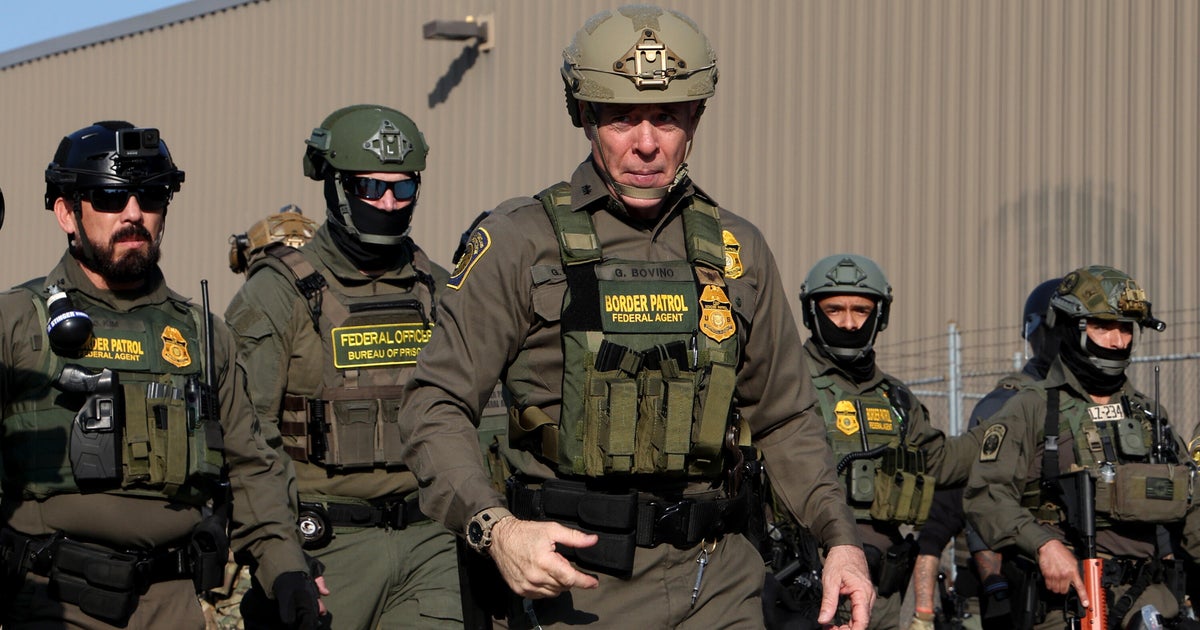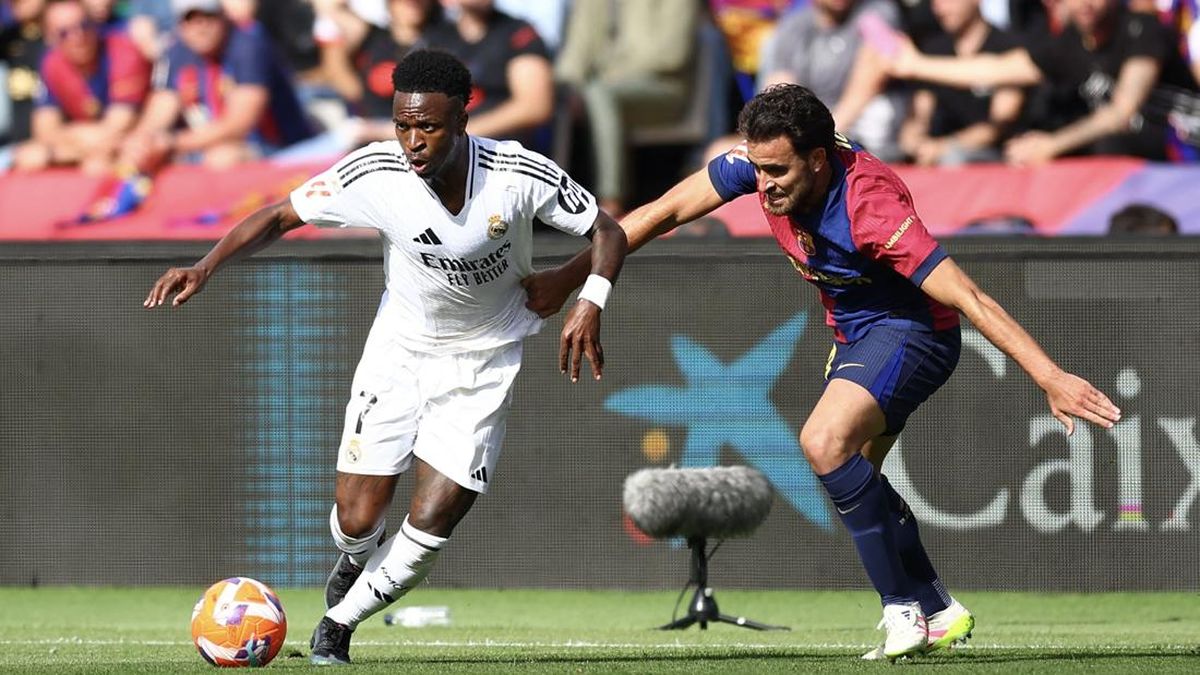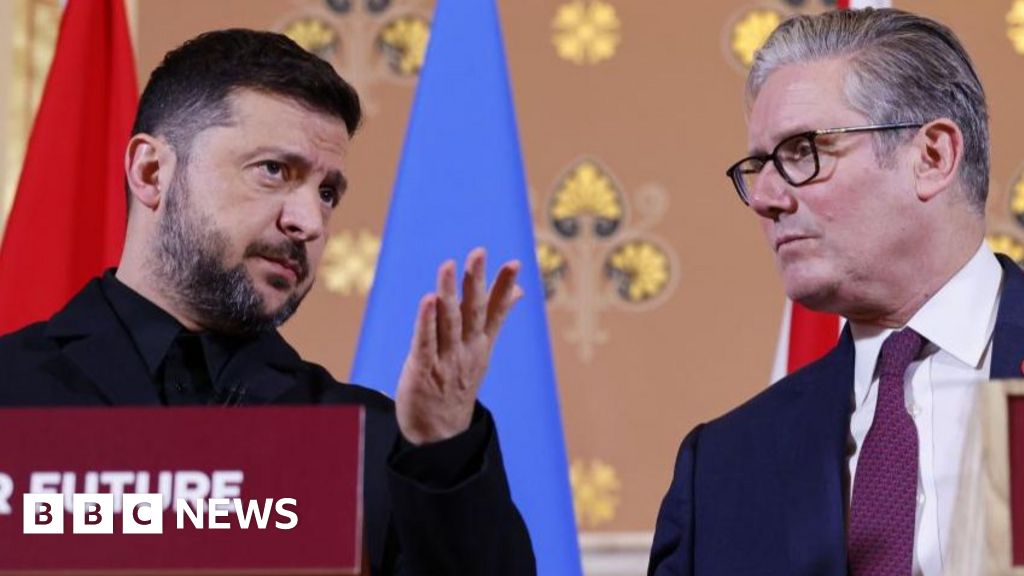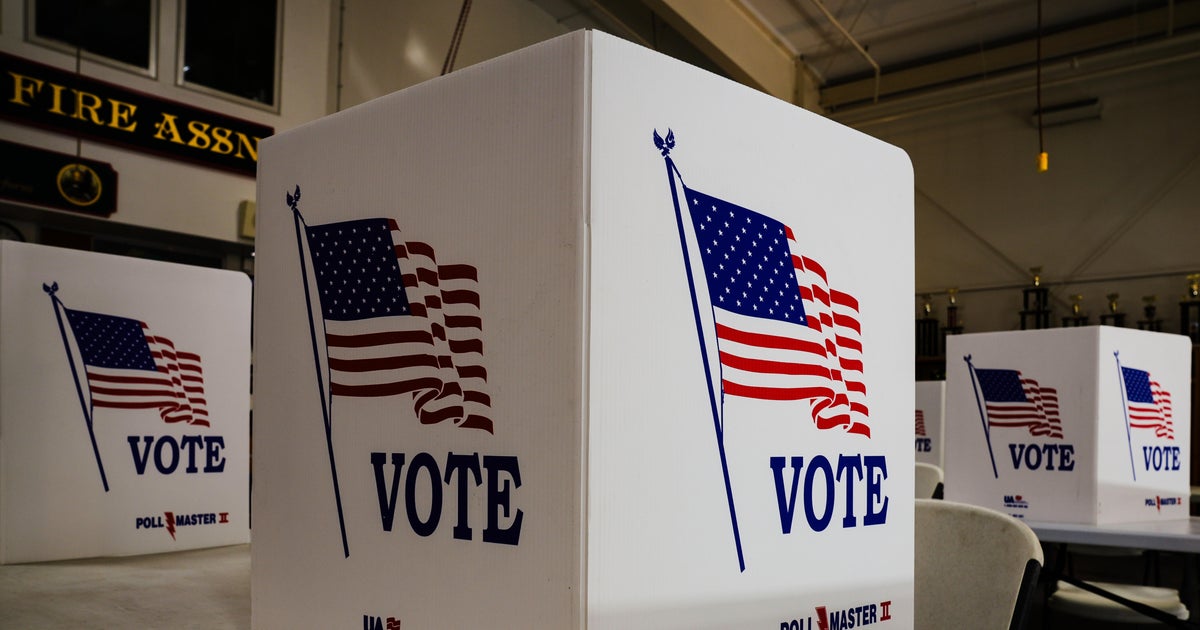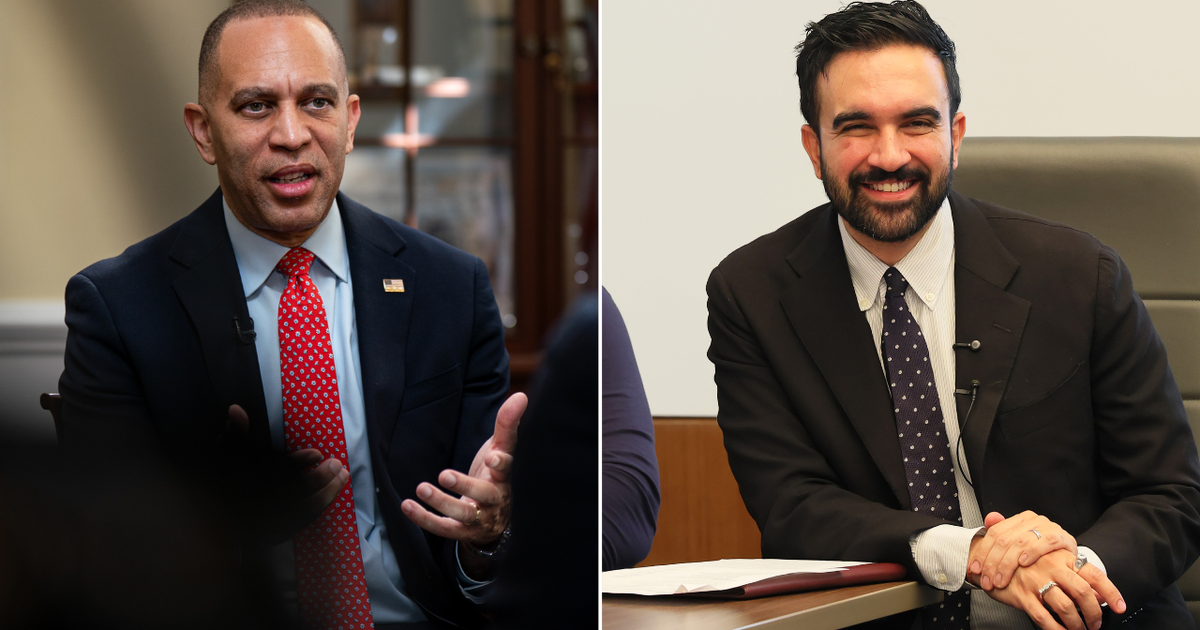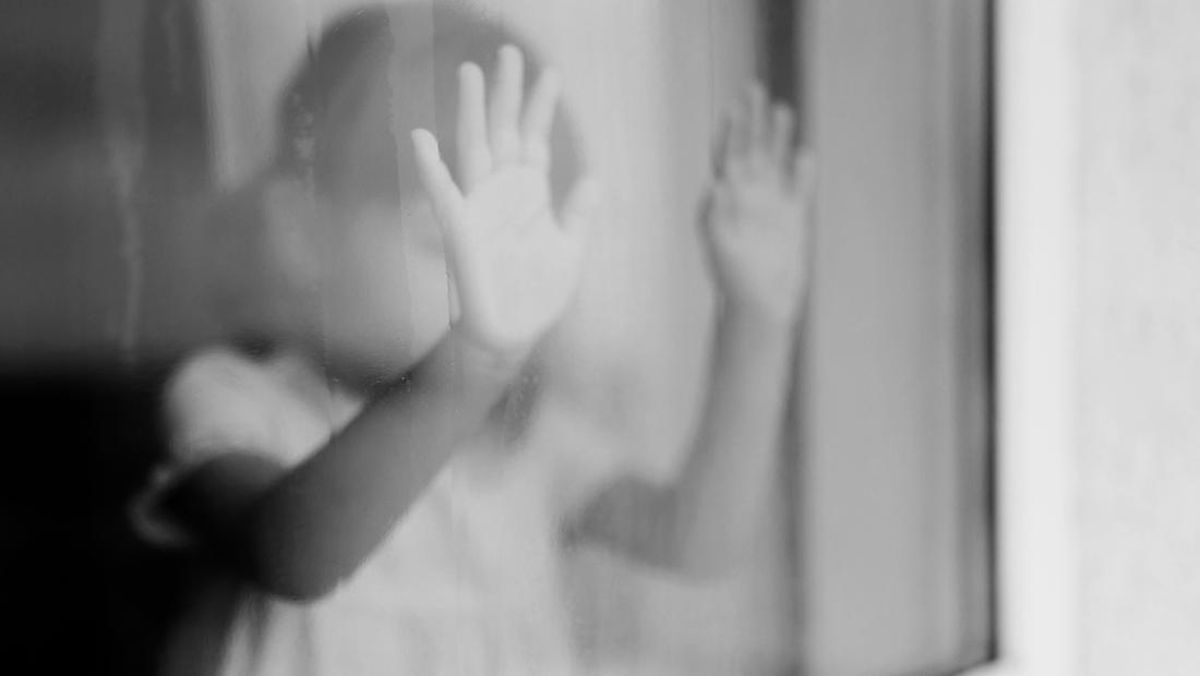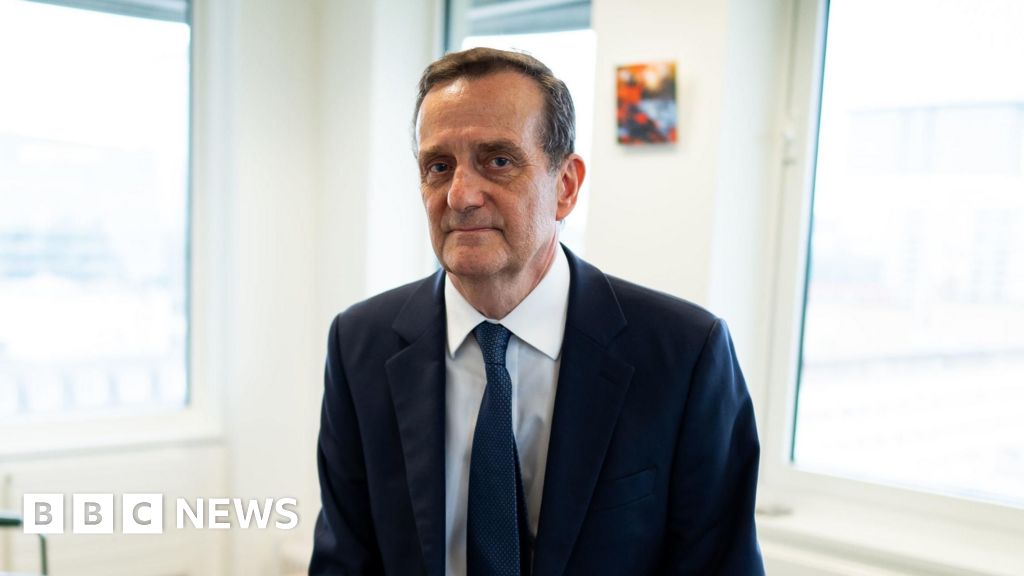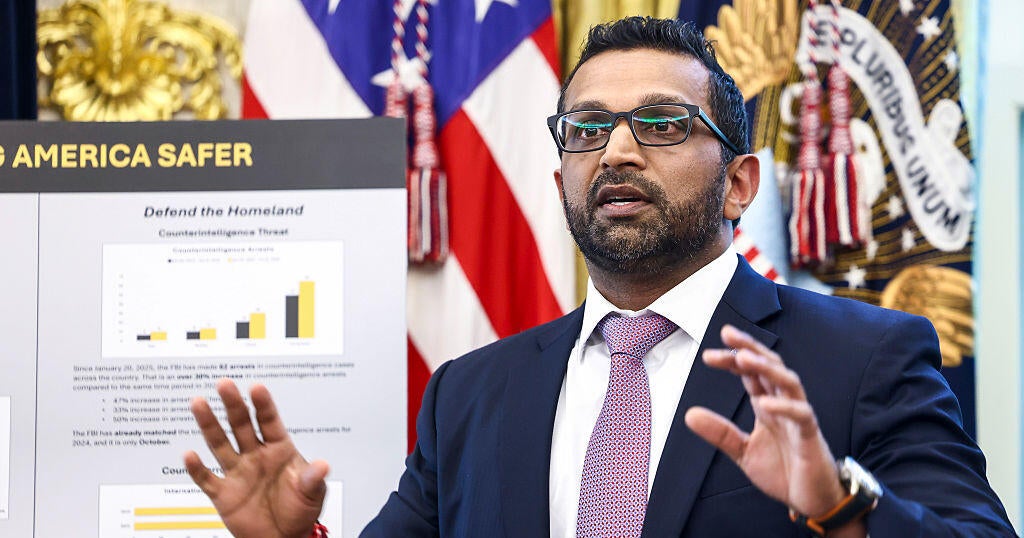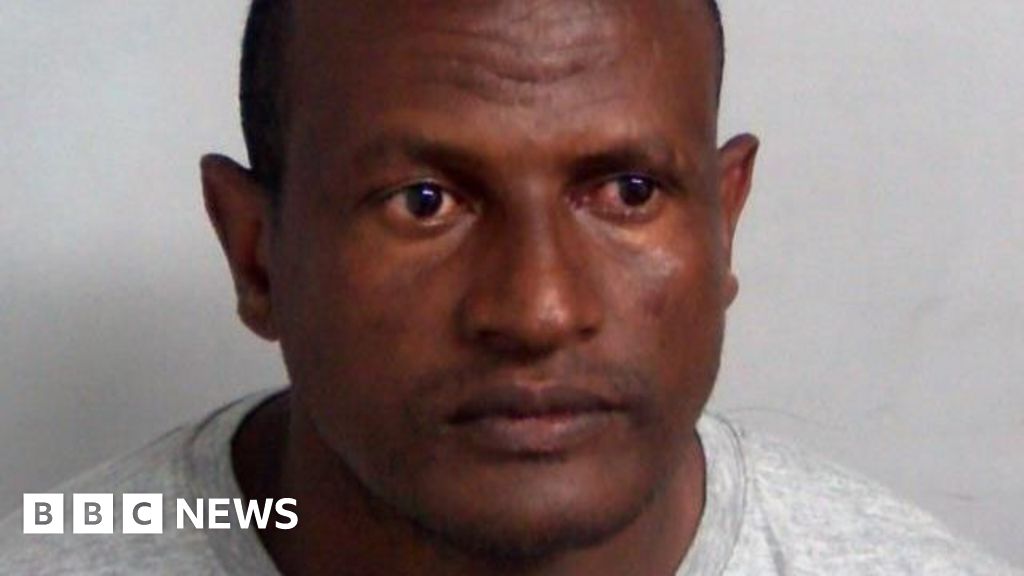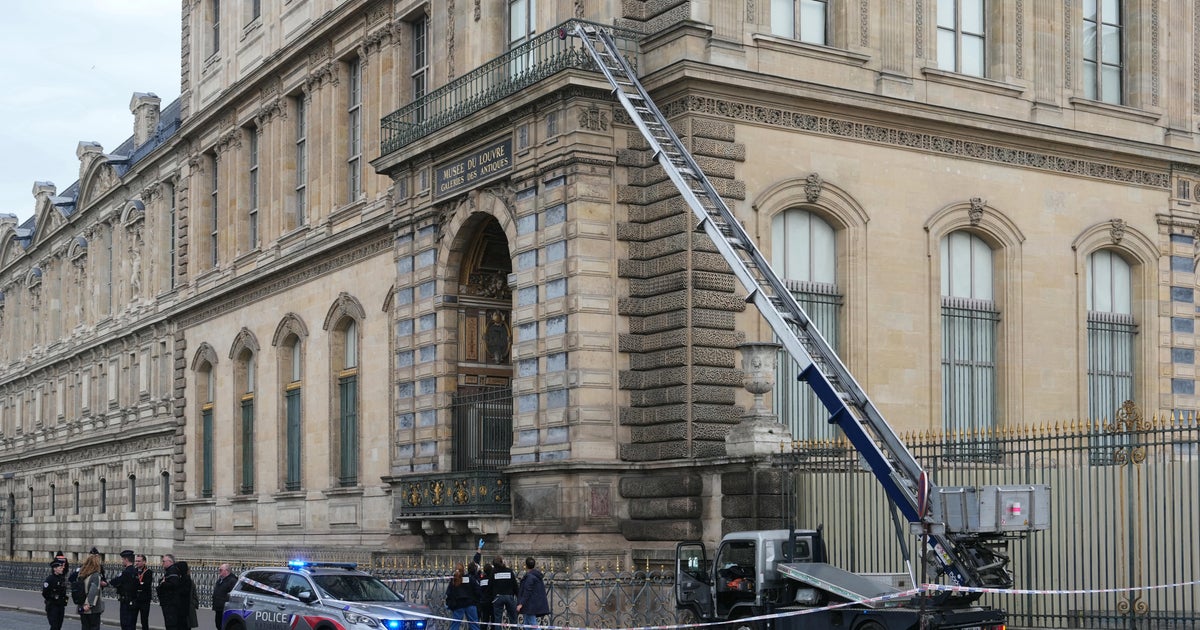‘Might ruffle feathers’: Award-winning journalist Chris Masters uninvited from delivering lecture
An award-winning journalist who wrote a book about the war criminal Ben Roberts-Smith has been uninvited from delivering an annual military history lecture due to fears by the organisers that it would jeopardise any future commercial relationship with the powerful Australian War Memorial.
Chris Masters was invited last month to deliver the 2026 CEW Bean lecture in what the organisers hoped would provide a retort to the war memorial’s intervention to remove his book Flawed Hero: Truth, Lies and War Crimes from contention for the Les Carlyon Literary Prize.

Chris Masters addresses the media after Ben Roberts-Smith lost his defamation case.Credit: James Brickwood
But in an incident that prompted the departure of its highest-profile historian, the non-profit group that organises the annual lecture rescinded the invitation due to concerns by the managers of the historic homestead where they operate that it would put the war memorial off side.
Peter Stanley, a former principal historian with the Australian War Memorial and now one of its fiercest critics, excoriated the Minders of Tuggeranong Homestead [MOTH] for the withdrawing the invitation in an email that copied in the former Bean orators.
“I deplore MOTH’s craven decision, and the reason for it,” he wrote.
“Your decision to refuse to give one of Australia’s most respected journalists a hearing because he might ‘ruffle feathers’ tragically places you on the side of the forces that have acted against honesty and truth and for lies, bullying, and cowardice.”

Former principal historian with the Australian War Memorial and now one of its fiercest critics, Peter Stanley.
Tuggeranong Homestead is a historic building in Canberra with convict ties and where war historian Charles Bean lived while documenting Australia’s role in World War I. It is now leased for weddings and functions, and the managers allow MOTH to carry out activities such as restoring the old orchards and remnant woodland and educating the community about its history.
MOTH chair Jenny Horsfield told Stanley that the organisation had been excited about hosting Masters, but the managers were not willing to have a speaker who they saw as controversial, as they wanted to have a good relationship with the war memorial and explore potential tourist links.
“MOTH, as a voluntary body, is able to access the homestead and carry out our various activities there, solely at the discretion of the management,” she wrote.
“If I stood my ground and insisted that MOTH had the right to choose our own speakers and set our own agenda, I would be signing our death warrant.”
The managers declined to comment on their reasons for ruling out Masters as the orator.
But the organisation became mired in acrimony last month when the Guardian reported that an external panel of judges had selected Masters’ book as the winner of the Australian War Memorial’s biennial literary award, before the memorial decided to restrict entrants to emerging authors.
The book chronicled the story of decorated soldier Ben Roberts-Smith from the Afghanistan battlefield to being unmasked as a war criminal by Masters and Nick McKenzie in this masthead, and the defamation trial that followed.
Roberts-Smith’s uniform and Victoria Cross continue to be displayed in the Australian War Memorial’s Hall of Valour, and he is described in a plaque as Australia’s most decorated combat soldier. Earlier this year, the war memorial added an extra text panel noting that a Federal Court judge determined there was substantial truth to the allegation that he was complicit in the killings of unarmed civilians, while adding he had not been charged with any criminal offences.
Loading
The war memorial’s former chair, Brendan Nelson, is one of Roberts-Smith’s most loyal supporters. One of its biggest donors, billionaire Kerry Stokes, bankrolled his defamation case. Stokes is also one of the biggest funders of the Les Carlyon literary award.
Bean biographer Peter Rees, who delivered the inaugural Bean lecture, first suggested to MOTH that Masters deliver the lecture after the war memorial ruled out his book.
“To my mind, it would be a positive thing to have someone of Chris’ stature giving the public lecture and could only benefit the whole concept of Tuggeranong Homestead. Like Bean, Chris has been a seeker of truth.”
Masters said the war memorial had a “bipolar” attitude towards military history, as many of its historians believed in a rounded account of history, but the administration had not risen to the challenge of displaying the more unattractive side of war.
“It’s not that hard either,” Masters said.
“They could easily tell a rounded tale, which is exactly what Charles Bean meant for the place.
“There’s absolutely room for myth in storytelling, it’s everywhere. But reality counts, and soldiers know that better than anybody.”
The war memorial said it planned to open a new gallery next year that would unpack the war in Afghanistan.
“We look forward to welcoming visitors to learn about the complex history of Afghanistan, through new and varied perspectives including artists, those who served in Afghanistan and the Afghan people.”
Start the day with a summary of the day’s most important and interesting stories, analysis and insights. Sign up for our Morning Edition newsletter.
Most Viewed in National
Loading

